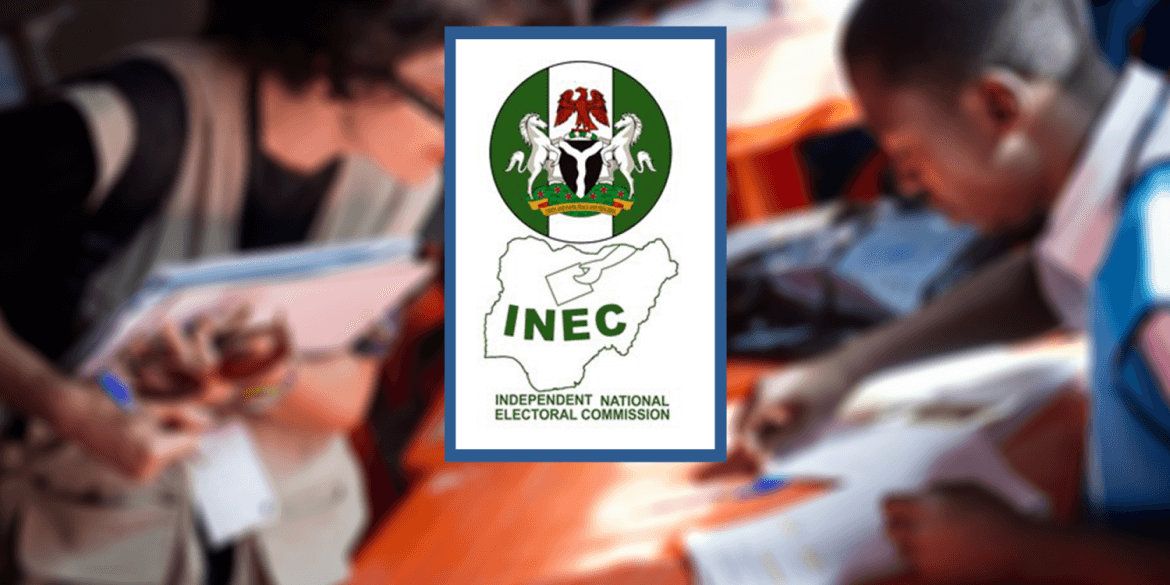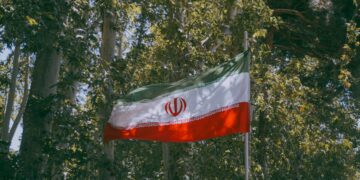The Federal Government of Nigeria has signed a Memorandum of Understanding (MoU) with Fundação Getulio Vargas (FGV) of Brazil to strengthen private sector development in key agricultural areas. These include fertilizer production, hybrid seed technology, and agricultural finance.
The agreement, signed through Nigeria’s Ministry of Agriculture and Food Security (FMAFS), aims to modernize the country’s agricultural sector with a focus on sustainable development and economic growth.
Details of the Agreement
The MoU was signed by the Permanent Secretary of FMAFS, Mr. Temitope Fashedemi, and the President of FGV, Professor Carlos Ivan Simonsen Leal, at FGV’s headquarters in Rio de Janeiro, Brazil, during the G20 Leaders’ Summit. This marks a significant step forward in the collaboration between Nigeria and FGV under the Green Imperative Project (GIP).

The GIP, conceived in 2018 as a $1.2 billion initiative, is one of the largest international agricultural technology transfer projects. Supported by Deutsche Bank, the project is designed to leverage Brazil’s expertise in tropical agriculture to modernize Nigeria’s agricultural practices.
Goals and Impact
The partnership aims to deliver transformative agricultural technologies over a 10-year period. In the first five years, the project will identify and support agribusinesses across Nigeria’s 774 local government areas, equipping them with technical and financial resources.
“This partnership paves the way for Brazil to engage with Nigeria’s dynamic and rapidly growing agricultural sector. Together with FGV, we are poised to unlock the potential of private sector investment in key areas critical to our food security,” said Mr. Fashedemi at the signing ceremony.
The initiative is expected to attract $4.3 billion in private sector investments for projects in fertilizer production, hybrid seed technology, and agricultural finance.
High-Level Participation
Senior officials from Nigeria’s presidency, FMAFS, and FGV leadership attended the signing ceremony, underscoring the strategic importance of the partnership.
Looking Ahead
This collaboration represents a bold step towards revitalizing Nigeria’s agricultural sector and enhancing food security. With a focus on knowledge transfer and private sector involvement, the partnership promises to drive sustainable growth and unlock the vast potential of Nigeria’s agribusiness industry.

















